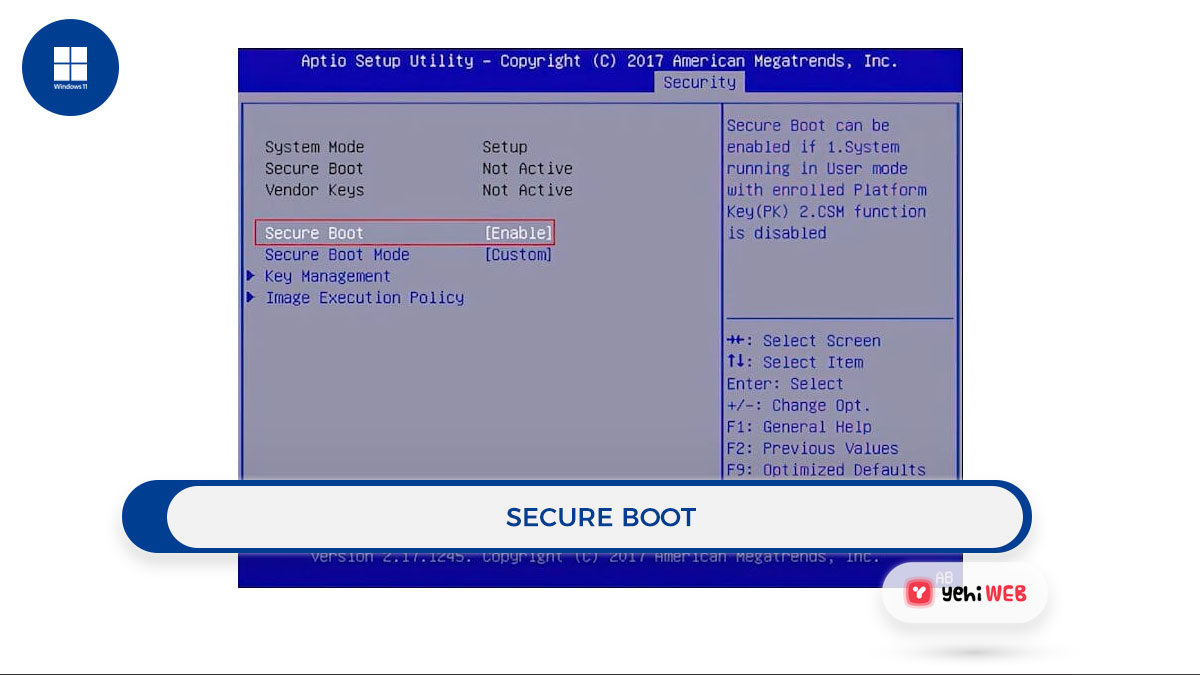In the rapidly evolving world of technology, the Internet of Things (IoT) has emerged as a game-changer across industries. From smart homes and connected cars to intelligent manufacturing systems, IoT is reshaping how we interact with devices and data. Behind these cutting-edge systems are IoT developers, the professionals responsible for creating, managing, and securing interconnected ecosystems. If you’re curious about what an IoT developer does, this article will provide a detailed and engaging look into their key functions and responsibilities.
Understanding IoT Development
At its core, the Internet of Things involves devices embedded with sensors, software, and connectivity that enable them to collect and exchange data. An IoT developer ensures that these devices work seamlessly together and with cloud platforms, offering a smooth and intelligent user experience.
Primary Responsibilities of an IoT Developer
The role of an IoT developer is multifaceted, blending skills from hardware integration, software development, data communication, and cybersecurity.
1. Hardware Integration
One of the crucial aspects of IoT development is integrating physical devices with digital solutions. Developers must work closely with hardware engineers to:
- Choose appropriate sensors and actuators
- Design circuit boards
- Ensure energy efficiency for battery-powered devices
- Test device durability and connectivity in various conditions
This phase is essential, as hardware limitations can affect the performance and scalability of the entire IoT solution.

2. Embedded Programming
IoT developers write the embedded software that powers microcontrollers and other small-scale computing devices. These codes determine how devices collect data, interact with other hardware, and transmit information to cloud services. Common programming languages include C, C++, Python, and JavaScript.
They also often use real-time operating systems (RTOS) for better control and synchronization across devices.
3. Connectivity and Networking
No IoT system functions without robust communication pathways. Developers are responsible for integrating wireless technologies such as:
- Wi-Fi
- Bluetooth/BLE
- Zigbee
- NFC
- Cellular networks (3G/4G/5G)
Establishing secure and efficient data transfer protocols, like MQTT or CoAP, is also within their domain.
4. Data Handling and Cloud Integration
Once data is captured by IoT devices, it must be processed, stored, and visualized. IoT developers configure cloud platforms like AWS, Microsoft Azure, or Google Cloud IoT to:
- Aggregate and store vast amounts of data
- Provide APIs for external applications to retrieve insights
- Create real-time dashboards for monitoring device status
- Implement machine learning models for predictive maintenance
This function ensures that users and systems receive timely and actionable information.
5. Security Implementation
With billions of connected devices in use, security has become a top concern in IoT development. Developers are tasked with ensuring that devices and networks are secure from potential attacks. This involves implementing:
- Encryption techniques
- Secure boot processes
- Firmware updates and patch management
- User authentication and access control
IoT developers must stay up-to-date with the latest security standards and best practices to protect sensitive data and maintain system integrity.

6. Testing and Debugging
IoT systems are complex due to the numerous devices and platforms involved. Developers perform extensive testing and debugging to ensure all components function harmoniously. This includes unit testing, integration testing, and performance tuning to ensure the entire ecosystem works reliably under real-world scenarios.
7. Collaboration and Documentation
IoT development requires interdisciplinary collaboration. Developers work alongside data scientists, UX designers, hardware engineers, and project managers. They also document code, system architecture, and communication protocols for future maintenance and scalability.
The Importance of an IoT Developer
IoT developers sit at the heart of the Fourth Industrial Revolution. Their expertise enables innovations in sectors like healthcare, automotive, agriculture, logistics, and smart cities. The role isn’t just about writing code—it’s about translating complex systems into tailored solutions that improve efficiency, convenience, and safety.
Final Thoughts
As IoT continues to expand, the demand for skilled developers will soar. An IoT developer must wear many hats—system architect, coder, security analyst, and cloud integrator. If you’re aspiring to enter this dynamic field or just wanted to understand what drives your latest smart gadget, knowing the functions of an IoT developer is key to appreciating the invisible intelligence that powers today’s connected world.
yehiweb
Related posts
New Articles
Top 4 Cart Personalization Tools That Recommend Products At The Point Of Checkout
Shopping carts used to be boring. A product. A price. A checkout button. Done. But today, the cart is prime…


